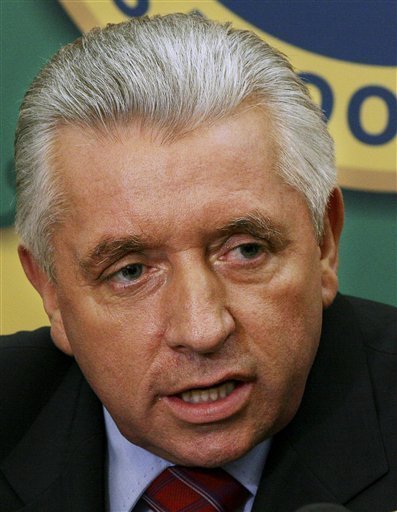The Rise of Populism: A Contemporary Analysis

Introduction
Populism has emerged as a significant force in global politics, reshaping the way parties engage with the electorate. Its essence lies in contrasting “the people” against “the elite,” appealing to the emotions and grievances of the common citizen. Understanding populism is crucial today as it not only influences elections but also challenges traditional political norms, creating waves of change in democracies worldwide.
The Current Landscape of Populism
In recent years, populist leaders have gained traction across many countries, characterized by their anti-establishment rhetoric. Figures such as Donald Trump in the United States, Jair Bolsonaro in Brazil, and Marine Le Pen in France feature prominently in this trend. According to a report from the Economist Intelligence Unit, the number of populist governments worldwide has doubled over the past decade, reflecting a growing frustration with mainstream political parties and institutions.
Key Events and Trends
Several recent elections have underscored the strength of populism. The UK’s Brexit referendum in 2016 illustrated a populist backlash against the European Union, while the ongoing protests in countries like Hungary and Poland emphasize anti-elite sentiments. Populist movements often capitalize on economic stagnation, social unrest, and cultural conflicts, framing these issues through a narrative that positions them as champions of the ordinary people against corrupt elites.
Additionally, social media platforms have become instrumental in facilitating the spread of populist messages. The ability to directly communicate with supporters allows populist leaders to bypass traditional media channels, making their messages more appealing to a disenfranchised populace. A survey from Pew Research Center reported that more than 60% of respondents in surveyed nations believe elites do not understand ordinary people’s concerns, lending credence to populist arguments.
Conclusion
The surge in populism raises important questions about the future of democratic governance. While it can empower marginalized voices and spark necessary debates on corruption and inequality, it also risks polarizing societies and undermining established institutions. As we move towards the next election cycle in various democratic nations, a careful analysis of populism will be essential. The coming years will likely reveal whether populism will cement its position as a permanent fixture in global politics or whether it will fade as political dynamics shift once again.









